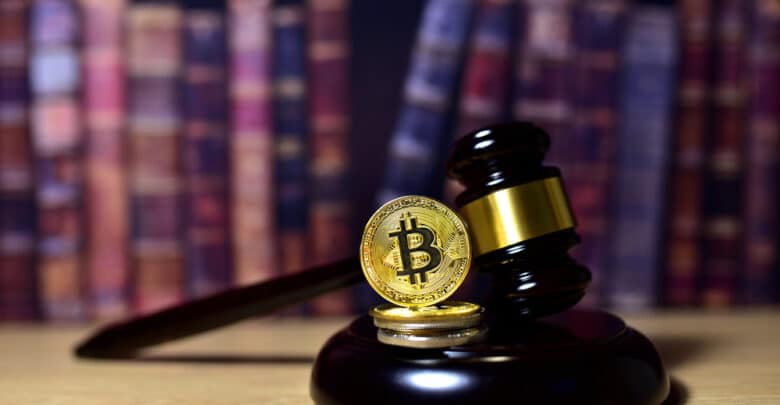This week, a judge in the United States is weighing a question for the first time. It is about the ownership of bitcoin and other tokens that have been frozen in accounts of a digital asset exchange that went bankrupt.
Deciding who owns the said crypto could have a big impact on consumer protection within this mostly unregulated industry.
The Celsius bankruptcy
Martin Glenn, the US bankruptcy Judge in New York City will decide who has ownership of the cryptocurrencies that are currently held in the accounts of a crypto lender, Celsius Network.
The company had first halted withdrawals on its platform before it eventually filed for Chapter 11 bankruptcy during the crypto market crash this year.
The eventual rulings of Judge Martin Glenn would determine how digital assets that are frozen in accounts of other crypto businesses failed.
These include companies like BlockFi, Voyager Digital and most recently, FTX. There are not enough funds available for paying off all the creditors of the companies in full.
If it is determined that the deposits in Celsius’ accounts belong to the customers, then there is a good chance that users might get some of their assets back.
However, if the judge decides that Celsius owns the crypto held in the accounts, then customers will find themselves at the end of the line when it comes to repayment and would likely receive pennies on the dollar.
Crypto deposits
The US government backs brokerage accounts and bank deposits up to $500,000 and $250,000, respectively, but the same does not apply to crypto deposits.
They do not have insurance and regulation of digital asset companies is also not in the same vein, as most of them operate offshore.
Since a variety of accounts are given by crypto companies, their treatment is also likely to be different in the case of bankruptcy.
Keeping this in mind, Celsius has argued that its ‘custody’ and ‘earn’ accounts that it offered to its clients should be treated differently.
The former gave clients a place for storing their crypto and did not involve any interest, while the latter gave an interest to customers on their deposits.
The same two types of accounts are also offered at BlockFi, which is at the beginning of its own bankruptcy proceedings.
During the hearing on Wednesday, Glenn said that things could get complicated and he was trying to deal with the issues as quickly as possible.
Complications
Bankruptcy specialists also said that courts would not just look at the user agreements, but also look into how the crypto deposits were handled by companies.
The issue is going to be extremely complicated because they will have to deal with what was actually happening and what should have happened.
Customers of the FTX crypto exchange are relieved because the terms of service of the platform state that they own the deposits in their accounts.
Sam Bankman-Fried, the ex-CEO of FTX, was asked about this and he said that there were other details in the terms of service that also apply.
Celsius has stated that it wants the crypto deposits in custody accounts to be declared the property of the clients and the judge said that they could distribute the funds to customers.
As for the ‘earn’ accounts, the company wants the judge to grant the deposits to Celsius, so it can pay its lawyers and advisors.

